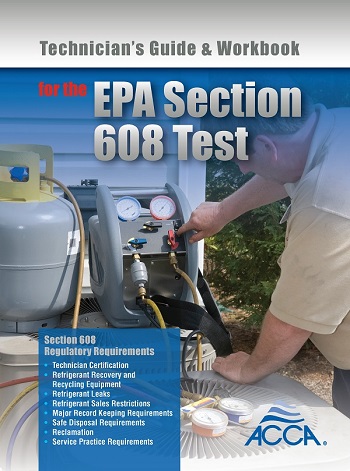NAHB calls for 'more effective' OSHA
OSHA's "regulatory tsunami" and "heavy-handed enforcement practices" concern home builders

The National Association of Home Builders (NAHB) called on the Occupational Safety and Health Administration (OSHA) to expand its small business compliance assistance to help home builders and other small business owners to improve the safety of their operations.
Testifying on behalf of NAHB at a House subcommittee hearing on "a more effective and collaborative OSHA," J. Gary Hill, a custom home builder from Greensboro, N.C., and 2018 chairman of the NAHB Construction Safety and Health Committee, told lawmakers that reforming and improving how OSHA operates is a top priority of the housing industry.
"In recent years, OSHA has unleashed a regulatory tsunami on the construction industry," said Hill. "The significant growth in the number and scope of regulations, along with the associated costs of these regulations, has raised concerns from NAHB members about OSHA's heavy-handed enforcement practices and procedures."
According to the Small Business Administration, federal regulations cost small businesses 60% more per employee than it costs large businesses, and compliance with these existing regulations can average as much as $7,000 per employee.
"In our industry, a sizeable share of these regulations comes from OSHA, and the costs imposed by OSHA regulations are financially onerous to every aspect of the home building industry," he said.
Though facing prohibitive regulatory costs, Hill underscored that a top priority for small home building firms is to create a safe workplace environment for their employees. It also makes good business sense.
"It is no secret that safety saves lives — and money," he said. "We have learned that the money saved through reduced workers' compensation costs, lost time due to worker injuries and less time spent on accident claims and reports can be converted into improvements in the way employers operate their businesses. Moreover, a safe jobsite is also the key to retaining good employees and hiring new ones."
Hill outlined three steps that OSHA can take to improve operating procedures that would make regulatory compliance more cost-effective and make the agency more user-friendly for small businesses. At the same time, he noted that the following actions by OSHA would boost housing affordability and continue to improve the safety of workers in the home building industry:
• Focus agency efforts on providing employers with compliance assistance and training for existing regulations and standards so that OSHA is not needlessly piling on regulatory burdens that small businesses cannot effectively meet. By pursuing a collaborative relationship with trade associations and their members, OSHA will better be able to inform and educate employers of the responsibilities specified in the agency's standards and regulations.
• Develop new and innovative ways to partner with employers to achieve compliance. Small employers need help understanding the complex OSHA regulatory regime and want assistance in identifying hazards that pose the greatest risk of a worker being injured.
• Modernize methods to disseminate compliance assistance information to include video-based education segments and checklists viewable from computers, tablets and smartphones.
"By pursuing achievable reforms and leveraging the expertise of industry groups such as NAHB, Congress and the administration can succeed in making OSHA more user-friendly for small businesses while also improving worker safety," said Hill.
Looking for a reprint of this article?
From high-res PDFs to custom plaques, order your copy today!








